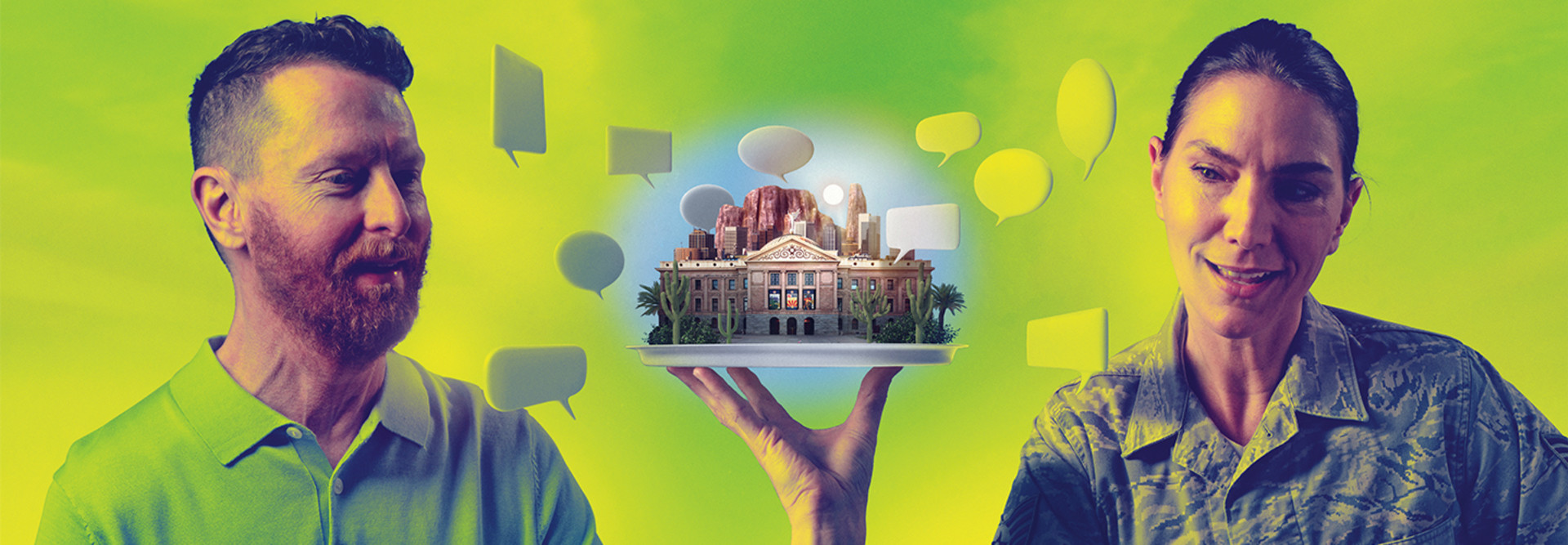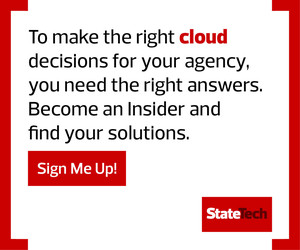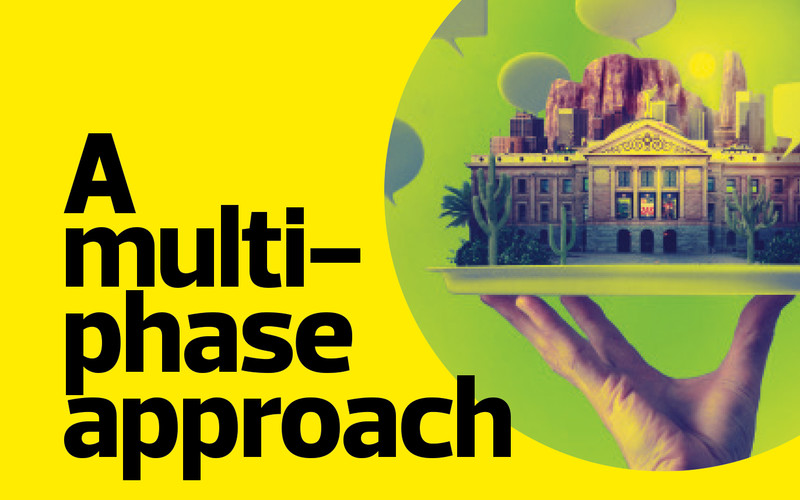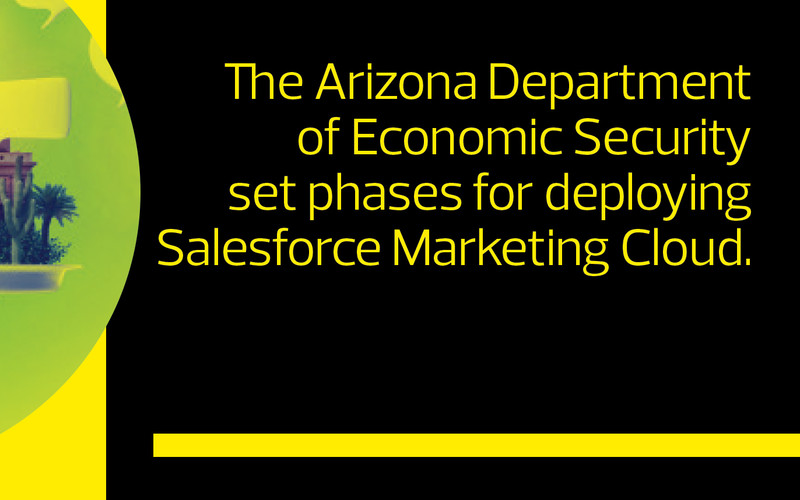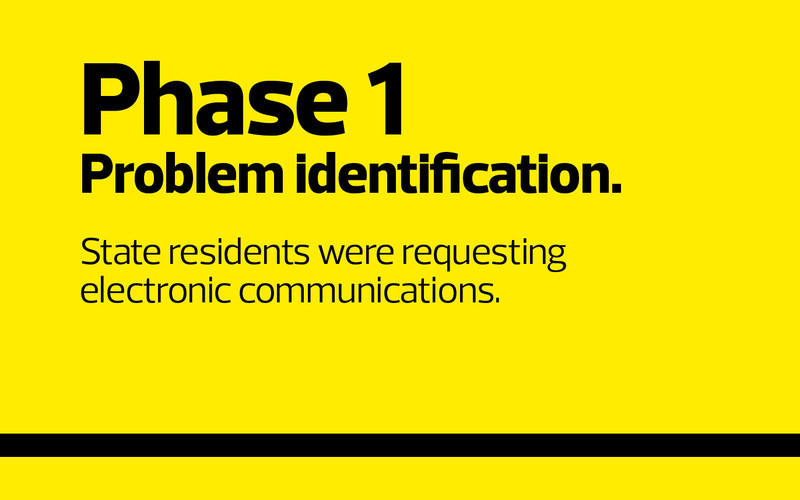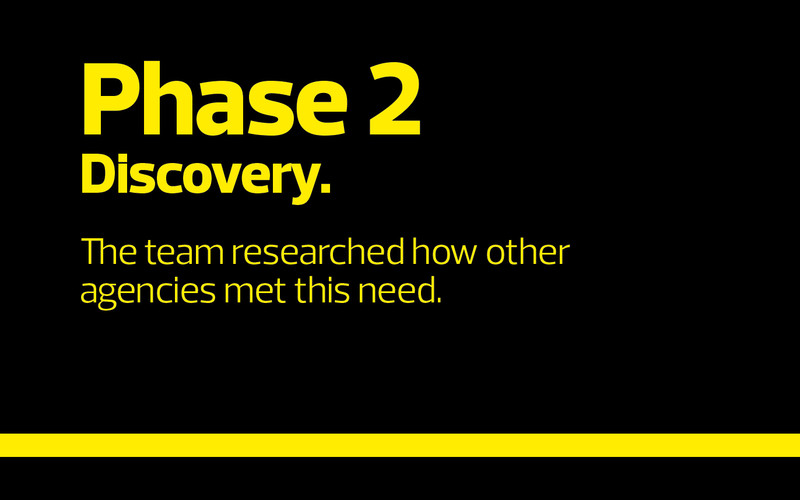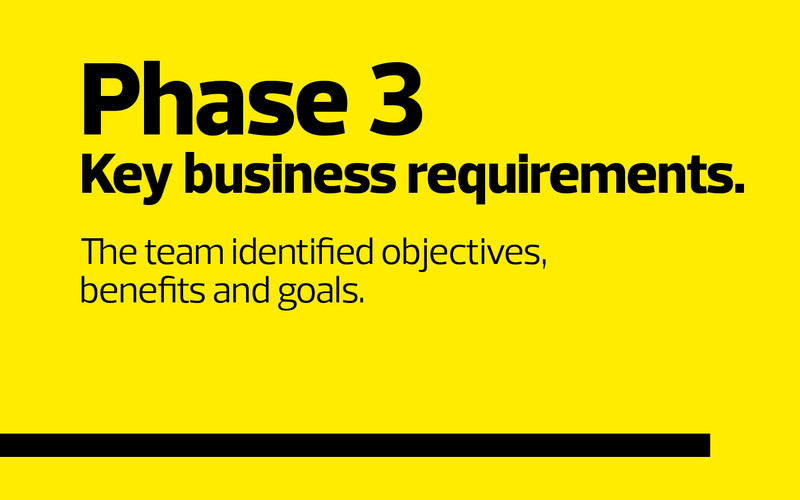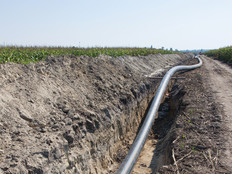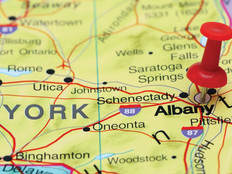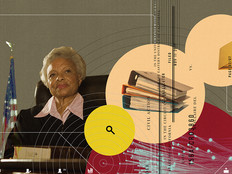Citizens Have Greater Expectations for Government Communications
Not long ago, citizens accepted slow service from government offices. That’s less true today.
“There’s a growing demand from citizens for improved digital communication,” Peterson says. “The rising costs of postage, mail handling and call center services, combined with the public interest in electronic-only communication, led to the department’s electronic communication initiative.”
Established in 1972, DES provides a wide range of economic support, including housing assistance, unemployment benefits, aid to veterans and more. It’s one of the state’s largest government agencies, serving many low-income citizens. The vulnerability of its stakeholders and the urgency of their needs make efficient communication especially critical.
“The heightened demand for more advanced digital communication methods was a precipitating event that led the department to explore solutions for modernizing our communication platform,” Peterson says.
The department ultimately chose Salesforce Marketing Cloud, citing its wide range of comprehensive features and capabilities, including text messaging, email and several third-party integrations for telephony support. With flexible, usage-based pricing, its centralized cloud platform allows individual DES offices to manage their own communication campaigns and contacts.
“The ability to immediately notify clients of important developments has been the key benefit of the new system,” Peterson says. “This enables clients to receive and react more quickly to communication regarding renewing their benefits, and should lead to more clients retaining critical assistance.”
MORE FROM STATETECH: 4 ways to use deep learning to improve citizen services.
Agencies Consider CX in Developing Solutions for Citizens
When most people think of customer experience (CX), they don’t typically think of government agencies. That’s a mindset that the city of St. Paul, Minn., aims to change.
The city had long known that it needed to improve how it served its constituents, says IT Portfolio Manager Mary Gleich-Matthews. While progress was being made, the events of 2020 catalyzed more dramatic change.
“The whole world changed, and it really pushed us to do something transformational,” Gleich-Matthews says. “One of the things we decided was to focus on digital transformation and look at constituent management as a key element of that. We wanted to streamline our services to use our limited resources effectively while also meeting citizens’ needs.”
With a population of more than 300,000, along with a steady stream of commuters from a wide metro area, St. Paul receives a large volume of service request calls and emails. Without a centralized communication hub, directing those inquiries proved frustrating for many citizens. With multiple offices and services spread over 17 departments, many St. Paul residents struggled to find the right contacts or communication methods for their specific needs.
The city wanted a solution that allowed it to better triage resident calls and let residents choose their preferred method of communication. They decided on Zendesk, a cloud-based, customizable help desk management platform designed to foster better customer relationships. The city is gradually rolling out the program to its departments, beginning with the city’s garbage collection office. Since implementing Zendesk, St. Paul has seen a 90 percent resolution rate for service tickets opened across email, phone and web.
“Our city has a mission of radical hospitality,” says garbage program manager Sarah Haas. “We see the residents as customers, and we want to provide excellent customer service. This is a tool that allows us to do that better than we were before.”
“Our approach is always evolving. It’s always flexible. We want to be innovative and really set the standard for what the public should expect from their city,” he says.



